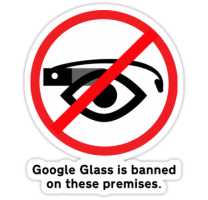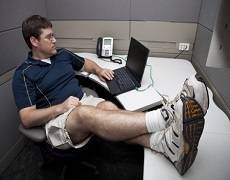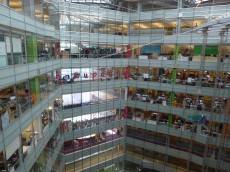December 12, 2013
The creative talent in the UK’s regions (other than London) is quietly thriving
We can now be very confident that the UK economy is on an enduring upward path. We can also be sure that the UK that emerges from five years of recession will be very different to the one that entered it. And on that score things look pretty promising too, because we have the skills and talent needed in some of the world’s most in-demand sectors such as digital media, banking, software development, telecoms and publishing. In fact a recent report from Deloitte says that London employs more people in these and similar knowledge-based sectors than any other country in the world. But while London has an inevitable tendency to grab these sorts of headlines, it’s also great to acknowledge that London doesn’t have a monopoly on this pool of talent, and may even be less attractive as a base for some firms.

























December 13, 2013
One of the most important things we need at work is shelter from the storm
by Nigel Sikora • Comment, Workplace design
(more…)